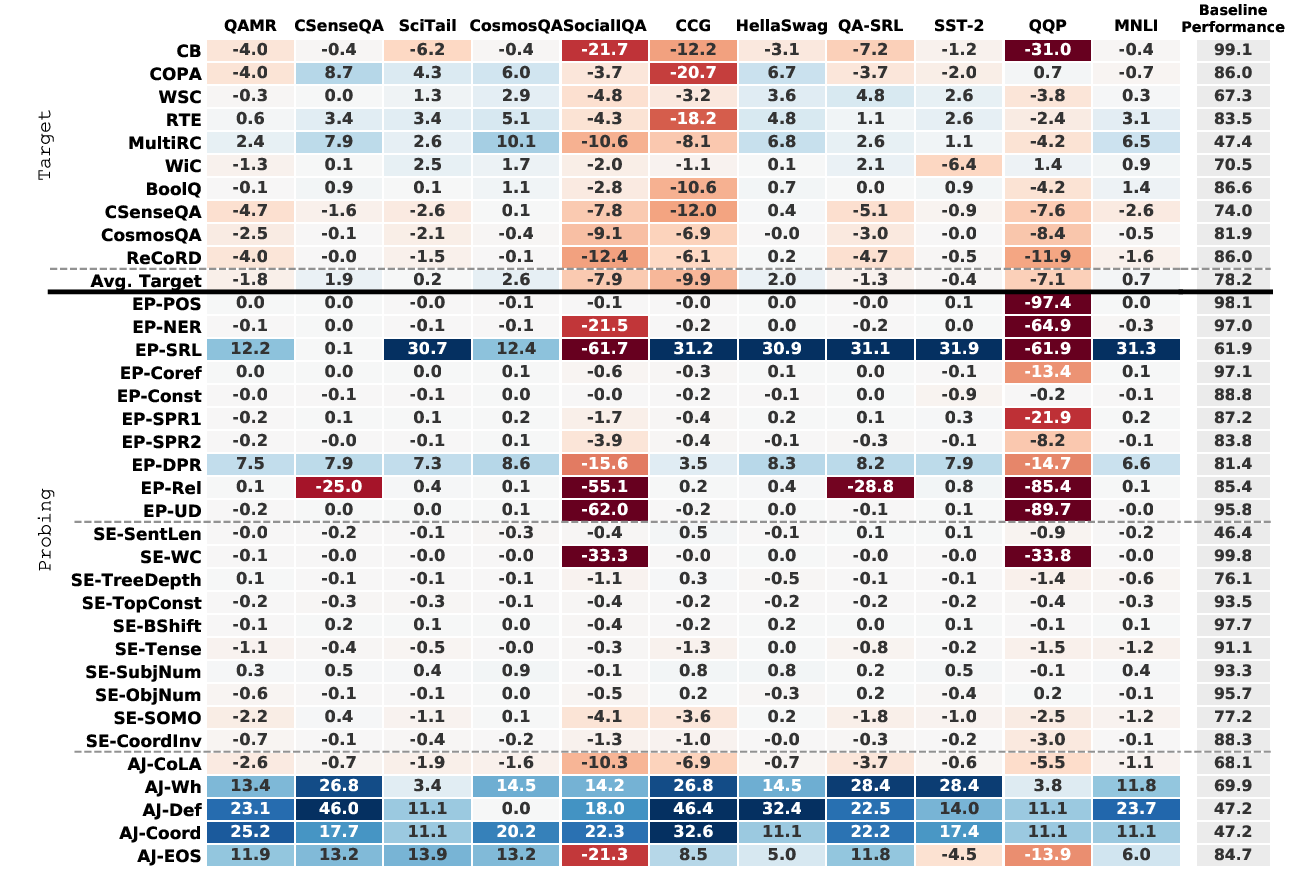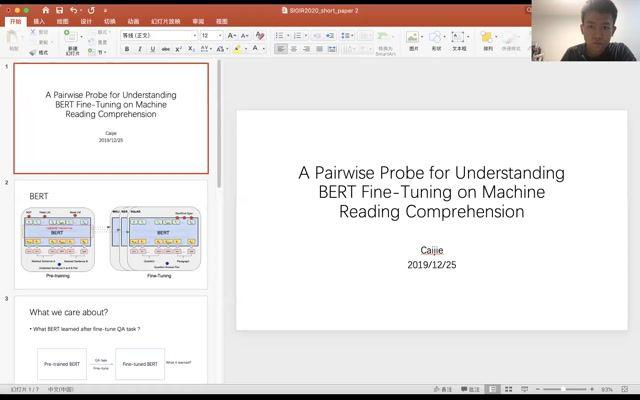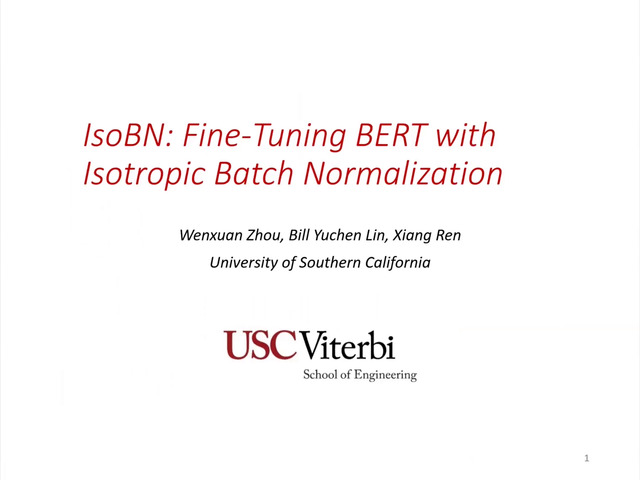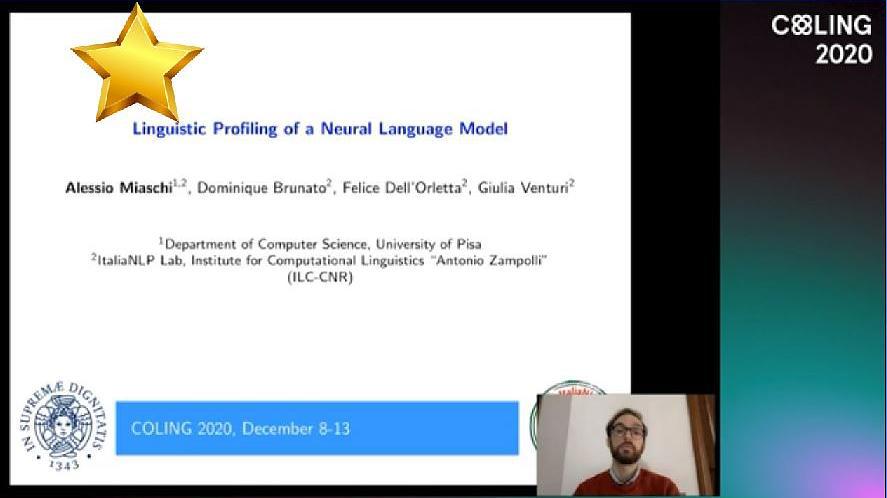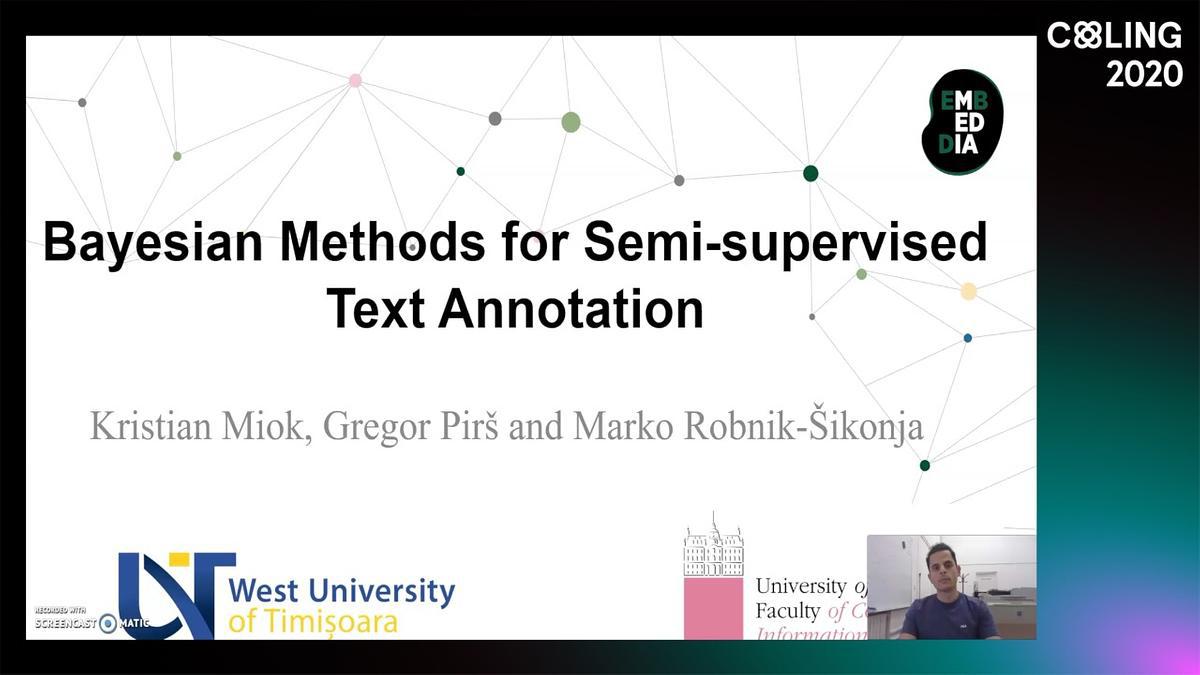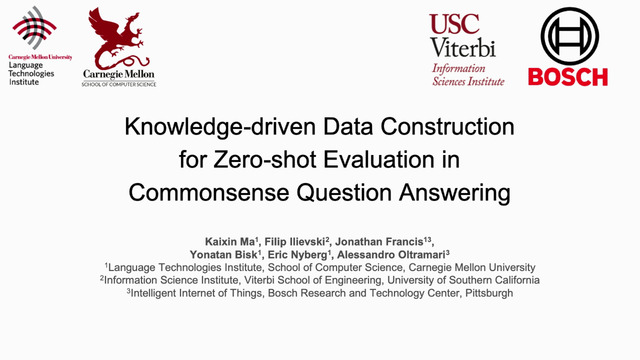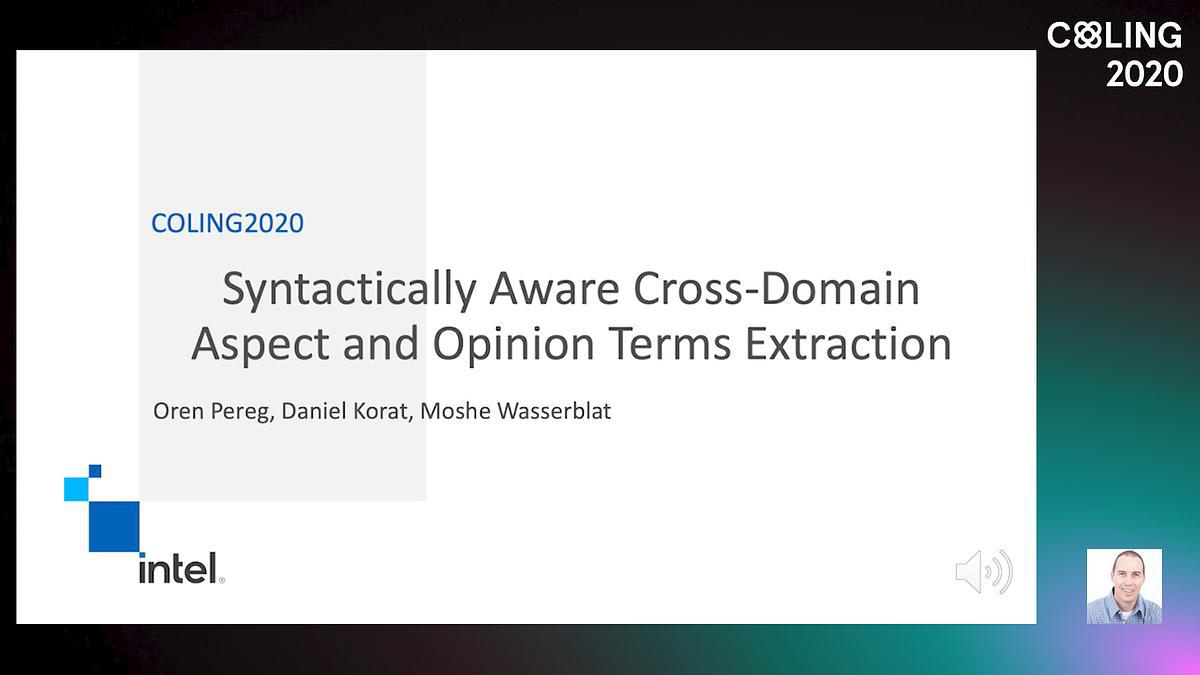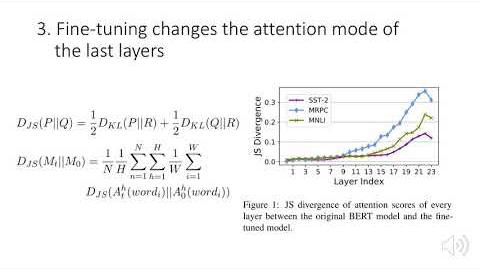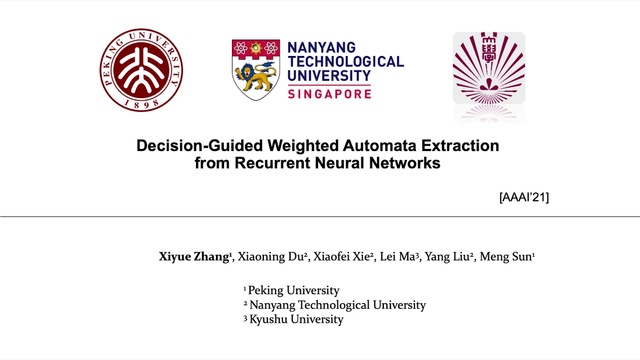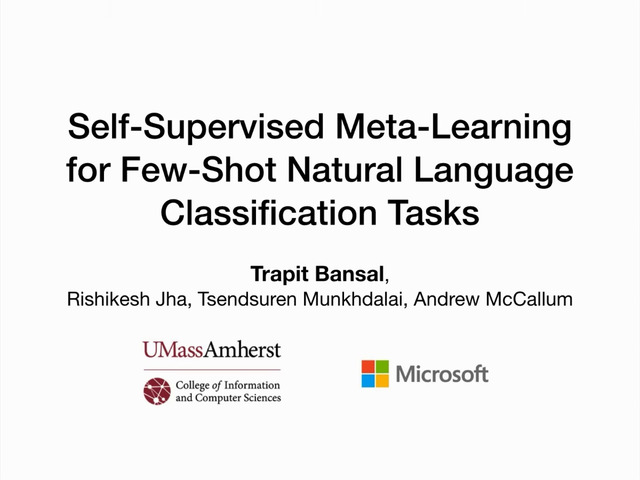Abstract:
Large pretrained language models like BERT, after fine-tuning to a downstream task, have achieved high performance on a variety of NLP problems. Yet explaining their decisions is difficult despite recent work probing their internal representations. We propose a procedure and analysis methods that take a hypothesis of how a transformer-based model might encode a linguistic phenomenon, and test the validity of that hypothesis based on a comparison between knowledge-related downstream tasks with downstream control tasks, and measurement of cross-dataset consistency. We apply this methodology to test BERT and RoBERTa on a hypothesis that some attention heads will consistently attend from a word in negation scope to the negation cue. We find that after fine-tuning BERT and RoBERTa on a negation scope task, the average attention head improves its sensitivity to negation and its attention consistency across negation datasets compared to the pre-trained models. However, only the base models (not the large models) improve compared to a control task, indicating there is evidence for a shallow encoding of negation only in the base models.


